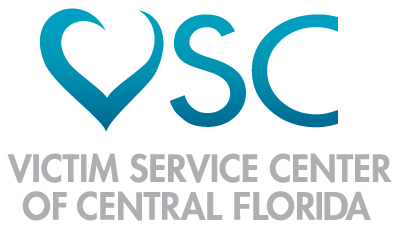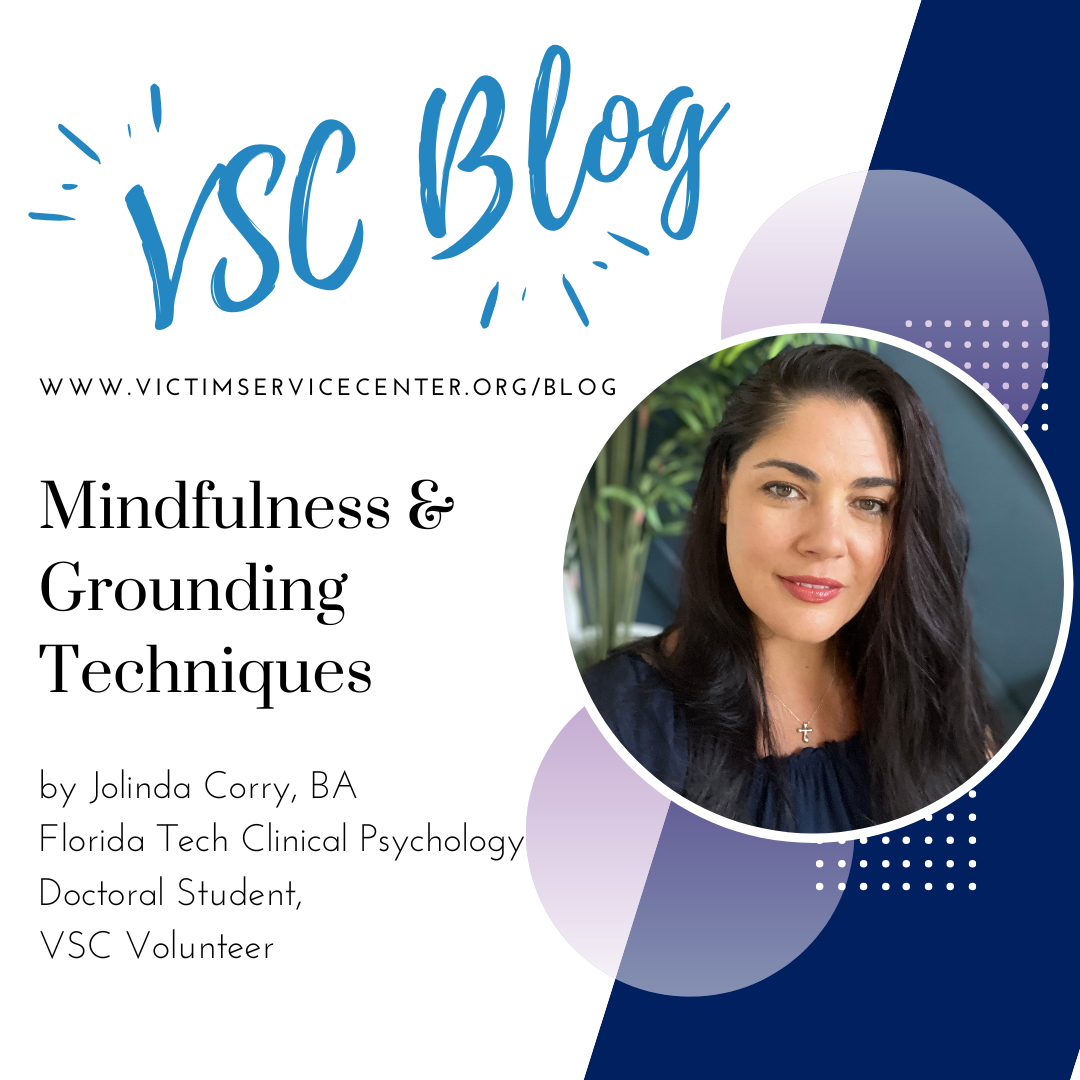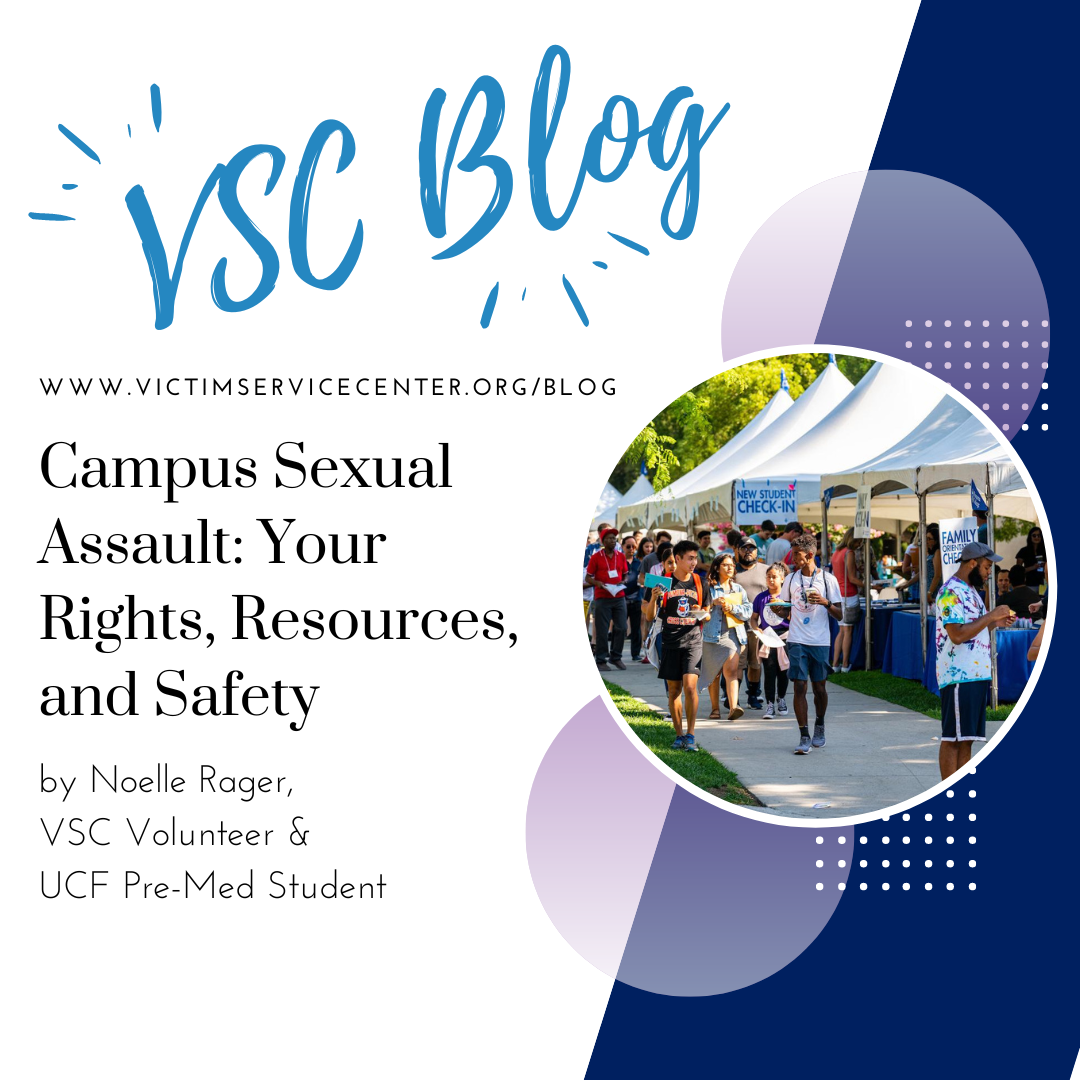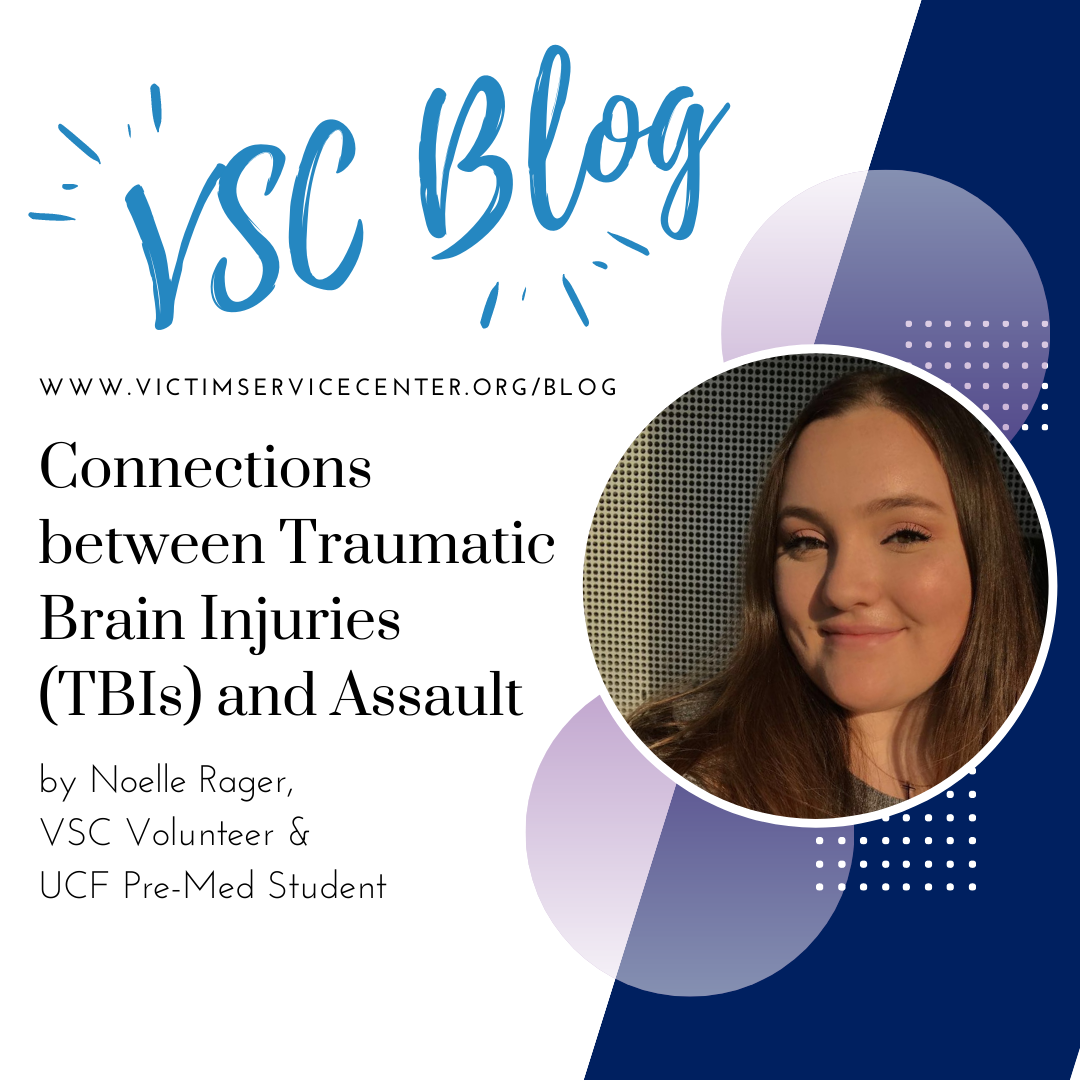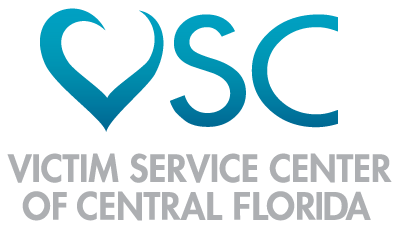
November 11 is Veterans Day, a day in which we honor the brave men and women who have served our country through military service.
Every year, thousands of men and women across the country make the decision to join the military. There may be a multitude of reasons driving this decision. Many feel a calling to serve their country and be part of something larger than themselves. Others are motivated by the numerous opportunities afforded by the military, such as education benefits and job training. Some are drawn to the possibility of adventure – a way to see the world beyond the parameters of the communities where they grew up.
Regardless of the motivation to join, no one anticipates experiencing sexual trauma while serving our country.
Unfortunately, one in four women and one in one-hundred men report to their Veteran Affairs (VA) health care providers that they have experienced military sexual trauma.
Military Sexual Trauma (MST) is a term used by the VA to refer to sexual assault or threatening sexual harassment that occurred while someone was serving our country. In the Central Florida area alone, there are nearly 4,000 men and women who have reported MST to their VA healthcare providers. We also know that there are many others who have not yet come forward.
MST can affect one’s physical and mental health for years afterwards. Common effects include unwanted memories, distress related to reminders of the trauma, anxiety, depression, a sense of always being “on guard,” difficulties with trusting others, and problems in relationships.
Fortunately, people can recover from experiences of MST. The VA is committed to ensuring that veterans who are survivors of MST have access to the help they need to recover.
Treatment for physical and mental health conditions related to MST is available at every VA facility and provided at no-cost. Veterans may be able to receive these services even if they are not eligible for other VA services. They do no need to be service connected or receive VA disability compensation. Also, it does not matter how much time has passed since the trauma or whether they reported the trauma to authorities (as the VA recognizes that many individuals do not report sexual trauma).
For more information, veterans can speak with their existing VA health care provider or present to the enrollment department at the nearest VA facility to start the process of getting connected to services. In addition, each VA Medical Center has a designated MST Coordinator who can provide information on MST related services and help veterans get connected.
I am happy to serve as MST Coordinator for the Orlando VA Medical Center and surrounding outpatient clinics, including facilities at Lake Nona, Lake Baldwin, Crossroads, Clermont, Deltona, Kissimmee, Tavares, Viera, and Daytona. I can be reached at 407-646-5500, extension 28442.
Veterans can also learn more about VA’s MST-related services online at www.mentalhealth.va.gov/msthome.asp
If you served our country and are a survivor of MST, please understand that you are not alone. We understand that it can be difficult to reach out for help. When you are ready, the VA is committed to help you in your journey of recovery.
 Ashley Arens, Ph.D., ABPP
Ashley Arens, Ph.D., ABPP
Clinical Psychologist
